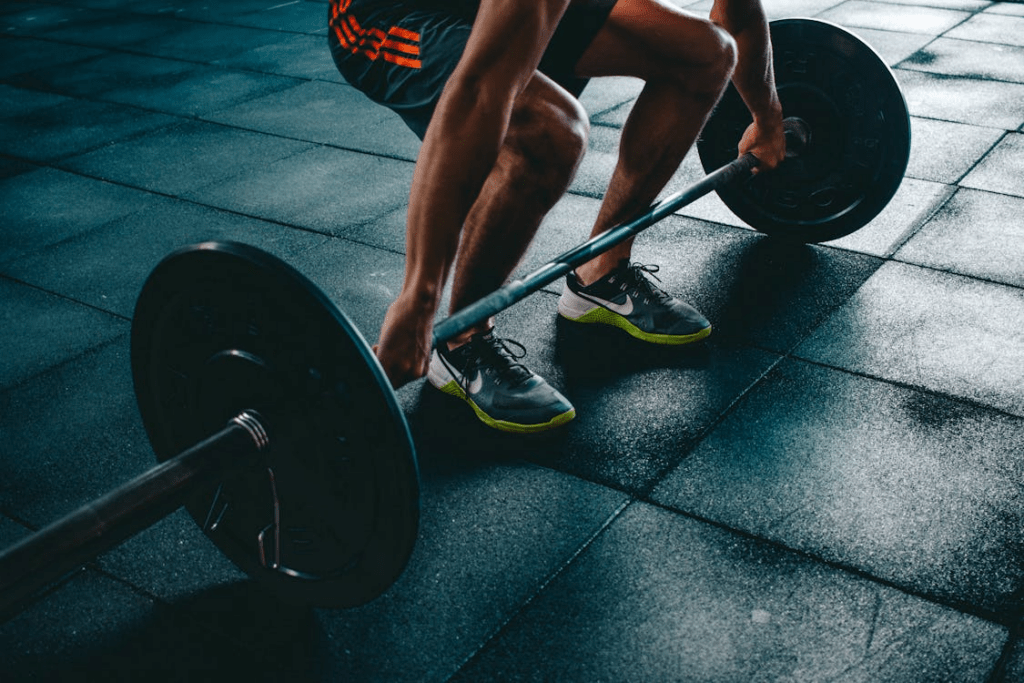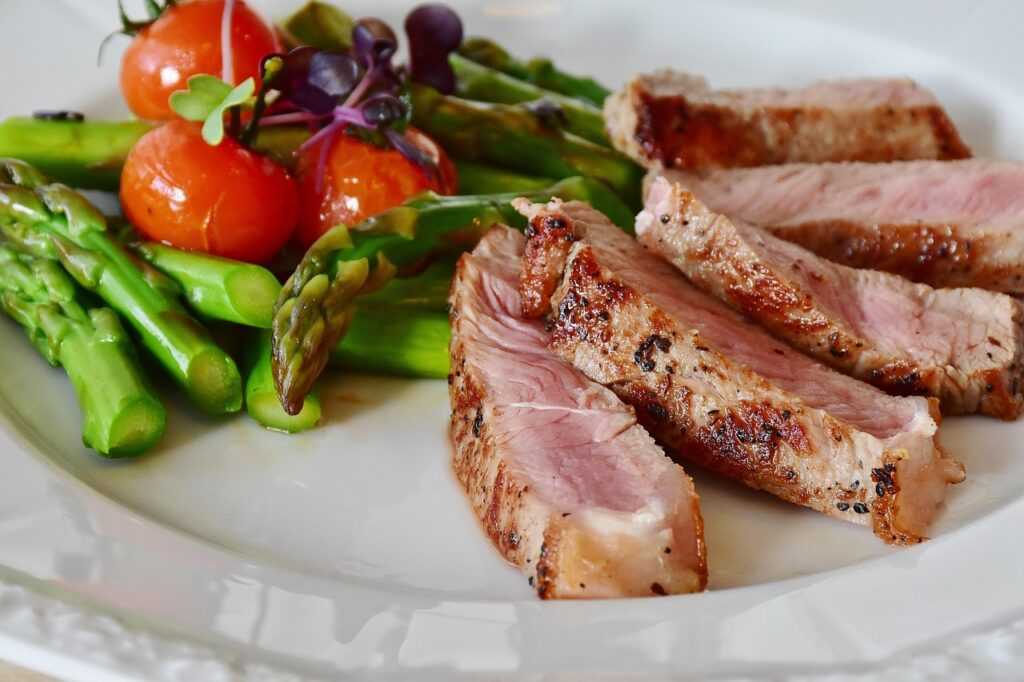Have you ever felt completely drained halfway through a workout or struggled with soreness that lasted for days? What you eat before and after exercise directly impacts how you feel during training and how quickly your body recovers. Research shows that proper nutrition timing can boost workout performance by up to 20% while significantly reducing recovery time. Pre-workout meals provide sustained energy for challenging sessions, while post-workout nutrition helps rebuild muscle tissue and restore energy stores. Master these nutrition strategies to transform your fitness results and feel stronger than ever.
Pre-Workout Nutrition Essentials
Carbohydrates serve as your body’s primary energy source during exercise, especially when you’re pushing through high-intensity workouts. Complex carbohydrates like whole grains, oats, and sweet potatoes provide steady energy release throughout your training session, completely filling your glycogen stores before you start exercising.
Protein plays an equally important role in pre-workout nutrition by preventing muscle breakdown during exercise while supporting tissue maintenance. Lean meats, eggs, dairy products, beans, and lentils offer excellent protein sources that prepare your muscles for the work ahead.
Timing makes all the difference for pre-workout nutrition success. You should consume balanced meals containing carbohydrates, protein, and small amounts of healthy fats 2-3 hours before workouts, though quick snacks work well 30-60 minutes prior if you’re short on time. Always avoid heavy, fatty, or high-fiber foods before exercising since they can cause uncomfortable digestive issues.
Hydration Strategies for Peak Performance
Proper hydration maintains optimal workout performance while preventing dangerous complications that can derail your training. You need to drink 16-20 ounces of water 2-3 hours before exercise begins, giving your body adequate time to absorb fluids and achieve proper hydration status.
During workouts, you should consume 7-10 ounces of water every 10-20 minutes, especially during longer training sessions that require consistent fluid intake to maintain performance levels. Sports drinks become beneficial for exercise lasting longer than one hour, particularly in hot conditions.
Since dehydration reduces strength, endurance, and cognitive function significantly, you should monitor your urine color throughout the day – pale yellow indicates proper hydration levels. Post-exercise rehydration requires drinking 16-24 ounces of water for every pound lost during exercise, while electrolyte replacement becomes crucial after intense or prolonged sessions.
Post-Workout Recovery Nutrition
Consuming protein and carbohydrates within 30-60 minutes after exercise maximizes your body’s recovery potential during this critical window when your muscles act like hungry sponges, absorbing nutrients for optimal repair.
You should target 20-40 grams of high-quality protein for effective muscle repair and growth. Whey protein, chicken, fish, eggs, and dairy products provide complete amino acid profiles, while plant-based options like tofu, beans, and quinoa work excellently for vegetarian athletes.
Simple carbohydrates quickly replenish depleted glycogen stores after intense training since fruits, white rice, and sports drinks restore energy faster than complex carbohydrates. Recovery meal examples include chocolate milk, protein smoothies with fruit, and turkey wraps, while antioxidant-rich foods like berries and leafy greens reduce exercise-induced inflammation and support faster healing as part of your overall body health.
Timing Your Meals for Maximum Benefits
Individual tolerance varies significantly for pre-workout meal timing, which makes experimentation essential since some athletes perform best with meals three hours before exercise while others prefer lighter snacks closer to workout time. You need to pay attention to your body’s responses and adjust accordingly.
Always experiment during regular training sessions rather than on competition days or important workouts, since testing new foods or timing strategies during crucial events risks poor performance or digestive issues.
The two-to-three-hour window allows complete digestion of larger meals, while smaller snacks require only 30-60 minutes for proper processing. Post-workout nutrition timing creates a “golden window” that maximizes nutrient absorption and muscle protein synthesis, though missing this opportunity slows recovery and reduces training adaptations. Consistent meal timing improves workout performance over time.
Common Nutrition Mistakes to Avoid
Skipping meals leads to low energy levels and dramatically reduces workout performance since your body needs consistent fuel throughout the day to maintain stable blood sugar and energy availability. Regular eating patterns support better training outcomes and help you feel stronger during workouts.
Overeating before workouts causes uncomfortable digestive issues that interfere with exercise performance, so you should stick to appropriate portion sizes that satisfy hunger without creating fullness or bloating.
Many people ignore hydration requirements, which negatively impacts exercise capacity and increases health risks since they underestimate their fluid needs during intense training sessions. Neglecting post-workout nutrition slows the recovery process significantly because your muscles need immediate attention after exercise to begin repair processes, while relying too heavily on supplements instead of whole foods misses important nutritional benefits from complete nutrient profiles.
Fuel Your Success Through Smart Nutrition Choices
Smart pre and post-workout nutrition forms the foundation of successful fitness programs by providing your body with exactly what it needs when it needs it most. Carbohydrates fuel your muscles while protein rebuilds tissue after intense exercise, and proper hydration maintains peak performance throughout training sessions. When you time your meals correctly, you maximize energy availability and recovery benefits while avoiding common nutrition mistakes helps you stay consistent with healthy eating habits. These evidence-based strategies can improve your workout performance by 20% and accelerate recovery between sessions, so start implementing these nutrition principles today to reach your fitness goals faster and more effectively.




